Things to know
Before arrival.
Transport in London
Oyster cards
The TFL Oyster card is London’s travel smartcard. It can store your season ticket or Pre Pay (pay-as-you-go travel), or a combination of both. You simply touch it on the card readers at Tube and DLR stations, on buses and at tram stops.
Oyster cards are reusable. When your ticket expires, simply buy another one using the same Oyster card.
When your Pre Pay runs out, just top it up. Paying for transport in London with cash is much more expensive than using an Oyster card so, since you are certain to use the Tube or buses while you are in London, we strongly recommend that you get an Oyster card.
If you have guests in London they can buy single tickets for cash, or get a Daily Travelcard.
You can get an Oyster card at an underground station or at certain shops when you arrive.
If you are studying with us full time for more than 14 weeks you will be eligible for a Student Oyster card, which will give you further discounts (usually around 30%). You can only apply for a student Oyster card after you have arrived at the school.
The Underground / The Tube
The Underground is divided into six zones. Zone 1 being central London and increasing the further out you travel from the centre. Last trains run at around midnight. For more information on Transport for London’s Tube pages.( http://www.tfl.gov.uk/modalpages/2625.aspx)

Buses
Remember to put your arm out to stop the bus! The last buses and tubes leave central London at around midnight but there is also a network of night buses. All night buses have a letter ‘N’ before the number on the front of the bus. Daily travelcards can be used until 04.00AM the following day on these night buses.
On some routes you have to buy your ticket before boarding the bus, so check if there is a machine at the bus stop. When travelling on a London bus, you must press the red button once to indicate that you want to get off at the next bus stop. More information on Transport for London’s Bus pages. ( http://www.tfl.gov.uk/modalpages/2605.aspx)
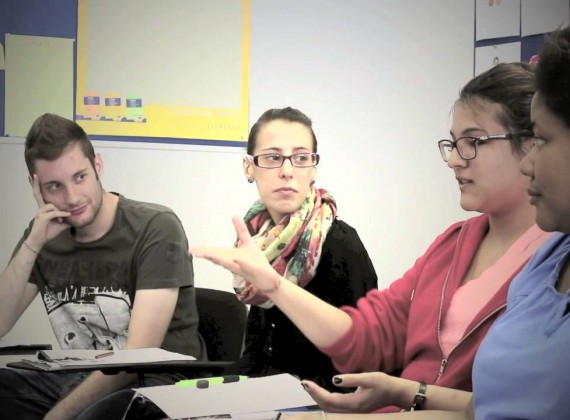

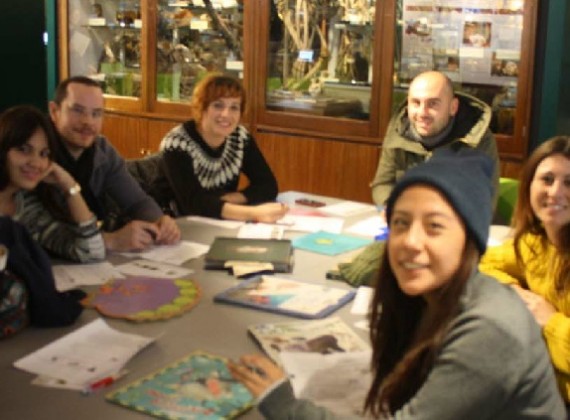
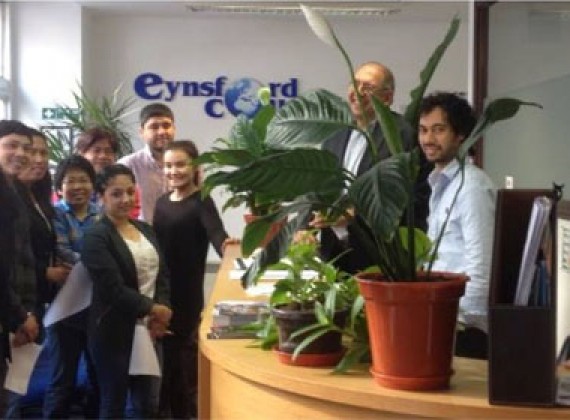
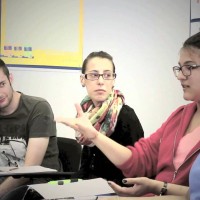

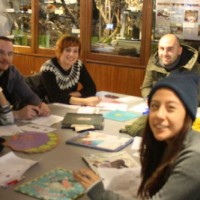

Women’s Health Problems:
Contraception and birth control advice is free for students entitled to free NHS treatment. Go to your doctor or your local NHS Family Planning Clinic. Advice on pregnancy and family planning can also be obtained from private agencies registered with the Department of Health, such as:
British Pregnancy Advisory Service:
45 Columbo Street
London, SE1 8EE
Tel: 03457304030 Website: www.bpas.org
Dentists:
If you are registered with a doctor for NHS medical treatment you can go to a NHS dentist. Lists are available
from Reception or at Post Offices. There is a charge for dental treatment under the NHS. For more information
about NHS dental charges, please see:
http://www.nhs.uk/chq/Pages/1781.aspx?CategoryID=74
Opticians:
Eye tests are available from any optician. It costs around £20. Lenses and frames for glasses can cost £50 or more, depending on what you choose.
For more information and location of opticians near college please see:
http://www.nhs.uk/Service-Search/Opticians/w1d-2du/Results/11/-0.131890058517456/51.5161781311035/9/0?distance=25
Registering with police
If you come from an EU country you will need to apply for a European Health Insurance Card in your home country.
Healthcare for EU students If you come from an EU country you are eligible for free healthcare in the UK, but you will need to check any restrictions in your home country (your home country will have an agreement with the UK). You must apply for a European Health Insurance Card in your home country before you come to the UK. If you need to see a doctor you can go to a surgery (an NHS surgery, not a private clinic) with your European Health Insurance Card and make an appointment. You do not need to register with the doctor.
Most European Health Insurance Cards are valid for a visit of approximately 3 months. After this time some doctors surgeries will allow you to register and get free treatment although the surgery can choose not to register you if you are not a permanent resident in the UK.
If you are from outside the EU and you will be studying in the UK for at least six months then you can register with a doctor. We recommend that you register as soon as possible to save time if you become ill. When you ring the surgery you would like to register with check the following:
- that they are accepting new patients (some surgeries are full)
- what paperwork you will need to register (typically a passport and proof of your address).
If you are from outside the EU and will be studying in the UK for less than six months you will need to go to a private medical centre.
Who needs to register with the police
You may need to register with the police if you come to UK for longer than 6 months, extend your current leave or switch to a different visa.
You’ll be told if you need to register with the police on one of the following documents:
- your entry visa vignette (if you’re travelling to the UK)
- your biometric residence permit (BRP)
- the Home Office letter that approved your application for leave
Who needs to register with the police
You may be told to register with the police if all the following apply:
- you’re 16 or older
- your visa or immigration application is for longer than 6 months
- your visa or immigration application is not exempt from the police registration requirement
- you’ve been told to register on your entry visa vignette, your BRP or Home Office letter that approved your application for leave
- you’re from one of the countries in the following list
You must register with the police if you’re from:
Afghanistan, Algeria, Argentina, Armenia, Azerbaijan, Bahrain, Belarus, Bolivia, Brazil, China, Colombia, Cuba, Egypt, Georgia, Iran, Iraq, Israel, Jordan, Kazakhstan, Kuwait, Kyrgyzstan, Lebanon, Libya, Moldova, Morocco, North Korea, Oman, Palestine, Peru, Qatar, Russia, Saudi Arabia, Sudan, Syria, Tajikistan, Tunisia, Turkey, Turkmenistan, United Arab Emirates, Ukraine, Uzbekistan, Yemen.
You may also need to register if:
- you’re stateless
- you hold a non-national travel document
You don’t need to register if you have dual nationality with one of these countries and a country that’s not on the list.
How to register
You must register within 7 days of arriving in the UK or within 7 days of getting your biometric residence permit.
You must register at
Overseas Visitors Records Office (OVRO)
323 Borough High Street
London
SE1 1JL.
Fees
Registering with the police costs £34. You can pay at the police station.
Documents you must provide
You’ll need to take:
- 2 recent passport size colour photographs
- your passport with your entry visa vignette
- your BRP, if you have one
- the Home Office letter that approved your application for leave
You may need to provide additional documents depending on your status and the police force you’re registering with. You may also have to fill in an application form before you register. Contact the police to find out.
Change of circumstances
If you registered with the police you must tell them if any of the information you’ve given them changes. Contact the police station to check if you need to go in person.
If you registered at the Overseas Visitors Records Office, check what changes they need to know about and how to report them.
Testimonials And Accreditations
“We really enjoyed our time at Eynsford College. Classes were interactive and interesting, and we particularly liked the social programme. It was a great fun and we learned a lot from it. We love meeting people and this programme was just perfect. We made a lot of friends and will be definitely returning to Eynsford College next year.


